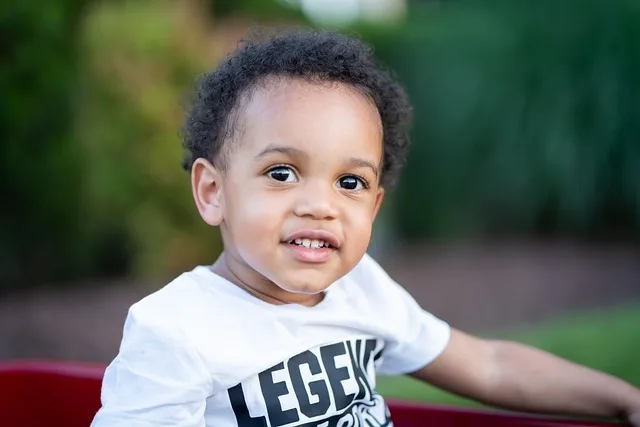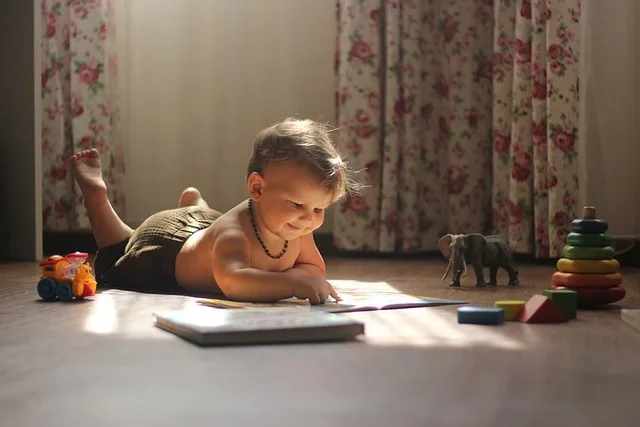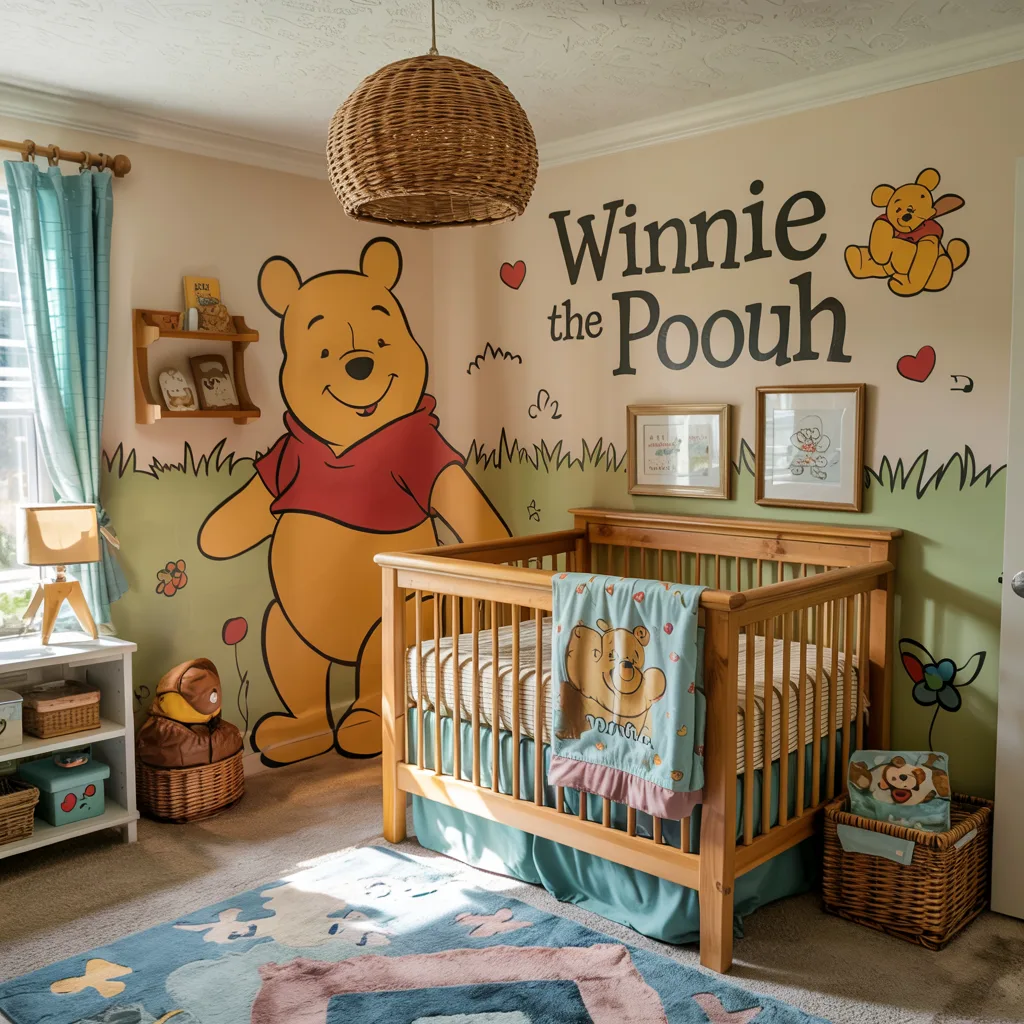Quick Tips for Handling a Self Centered Toddler

- Set clear boundaries and stick to them
- Encourage sharing and turn-taking
- Praise positive behaviors
- Teach empathy through example
- Use “time-ins” instead of time-outs
Dealing with a self-centered toddler can be tough. But don’t worry! This article will show you easy ways to help your little one become more caring and less “me-centered.” We’ll use simple words and fun examples to make it easy for everyone to understand.
What is a Self-Centered Toddler?
A self-centered toddler often:
- Says “Mine!” a lot
- Doesn’t like to share toys
- Gets upset when they don’t get their way
- Has trouble waiting for their turn
- Doesn’t seem to care about others’ feelings
Remember, it’s normal for toddlers to be a bit selfish. They’re just learning about the world and their place in it!
10 Strategies to Help Your Self Centered Toddler

1. Set Clear Rules and Stick to Them
Make simple rules like “We share our toys” or “We take turns.” Use pictures to help your toddler understand. Be consistent in following these rules.
2. Encourage Sharing
Make sharing fun! Try saying, “Let’s share this cookie. You get half, and I get half. Yum!”
3. Practice Turn-Taking
Play games that involve taking turns, like board games or catch. Say, “Now it’s your turn… Now it’s my turn!”
4. Praise Good Behavior
When your toddler shares or waits their turn, give them a big smile and say, “Wow! You shared your toy. That was so kind!”
5. Teach Empathy
Help your child understand others’ feelings. “Look, your friend is crying. They feel sad. How can we make them feel better?”
6. Use “Time-Ins” Instead of Time-Outs
When your toddler misbehaves, sit with them and talk about their feelings instead of sending them away.
7. Be a Good Role Model
Show kindness and sharing in your own actions. Say, “I’ll share my snack with you because sharing makes people happy.”
8. Read Books About Sharing and Kindness
Story time can teach important lessons. Choose books that show characters being kind and sharing.
Children’s Books That Champion Kindness
9. Give Your Toddler Choices
Let them make small decisions. “Do you want to wear the red shirt or the blue shirt?” This helps them feel in control.
10. Spend One-on-One Time Together
Give your toddler your full attention for a little while each day. This can help them feel secure and less needy.
10 Clear Signs Your Toddler Isn’t Ready for Bed (And How to Help Them Wind Down)
Remember: Be Patient!
“Patience is not the ability to wait, but the ability to keep a good attitude while waiting.” – Joyce Meyer
Learning to be less self-centered takes time. Your toddler won’t change overnight, but with love and patience, they’ll get there!
When to Seek Help
If your toddler’s self-centered behavior seems extreme or doesn’t improve, talk to your doctor. They can check if there’s anything else going on and give you more tips.
Frequently Asked Questions
Q: Is it normal for toddlers to be self-centered?
A: Yes, it’s very normal. Toddlers are still learning about the world and their place in it. Self-centeredness is a natural part of their development.
Q: At what age do children usually become less self-centered?
A: Most children start to become less self-centered around age 3-4, but it’s a gradual process that continues throughout childhood.
Q: How can I teach my toddler to share?
A: Model sharing behavior, praise them when they share, and make sharing fun through games and activities. Remember, it takes time and patience.
Q: What should I do if my toddler refuses to share?
A: Stay calm, remind them of the sharing rule, and offer alternatives like taking turns. Avoid forcing them to share, as this can create negative associations.
Q: Can too much attention make a toddler more self-centered?
A: Not usually. Giving your toddler attention helps them feel secure. It’s more about the quality of attention and setting consistent boundaries.
Q: How can I help my toddler understand others’ feelings?
A: Point out emotions in others, read books about feelings, and talk about emotions in everyday situations. This helps develop empathy.
Conclusion
Dealing with a self-centered toddler can be challenging, but it’s a normal part of growing up. By using these strategies and showing lots of love, you can help your little one become a caring, sharing person. Remember, every small step counts!
You’ve got this, parents! With time and patience, your self-centered toddler will learn to think about others too.











